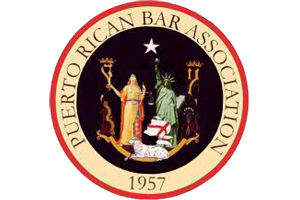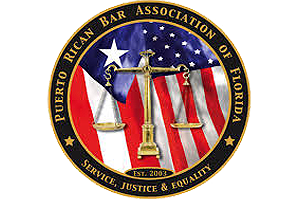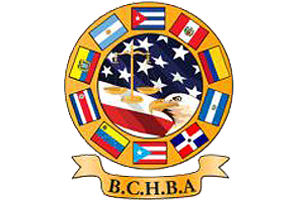Probate in Puerto Rico
If you live outside of Puerto Rico but own property or assets on the island, you might be interested to know how probate works in Puerto Rico. Why? Because someday that property or assets will have to go through the Puerto Rico probate system, independent of your estate planning in your own state. All real estate in Puerto Rico is subject to the probate system. This system is based on a “forced heir” policy, that states that all children need to receive from the decedent (the person that died). If they are not included in the will or they are left out, the whole distribution of an estate can be set aside and invalidated. This is important when contemplating the use of trusts and other estate planning vehicles to distribute estates.
In general, probate is the judicial procedure by which an estate is opened, administered, divided and closed. In Puerto Rico, this procedure is needed to validate a will in order to distribute, or when a will fails for lack of requirements under the law, or when there is no will.
The process starts with a petition to the “Tribunal de Primera Instancia” (Probate Court). This petition can be filed by one of the heirs without the need of the rest to appear in the document. But before it is seen by a Puerto Rico court, there has to be a certification by “ODIN“, (“Oficina de Inspección de Notaría”), which is the office that oversees all notarized documents, including wills, that a will either exists or it doesn’t. If no Puerto Rican will exists, then the court will issue a resolution declaring who are the heirs, commonly known as a “Declaratoria de Herederos”. There is a possibility that an additional hearing may be needed before the judge can decide who are the heirs. If so, the judge will schedule one. If a Puerto Rican will exists then it has be filed in court, authenticated and its provisions followed.
After this, an estate tax return should be filed in “El Departamento de Hacienda” o “Hacienda” (Treasury Department of Puerto Rico). This is done through a form in which all the assets and their values are listed. The agency will then issue either a tax bill or a tax waiver. With this document and the resolution from the judge, the assets may be registered to the name of the heirs.
When a real property is part of the estate, there are some other steps that need to be taken. First, a certification stating that all property taxes have been paid has to be issued by the CRIM (“Centro de Recaudación de Ingresos Municipales” which is the office for the collection of municipal taxes). Also, ASUME (“Administración para el Sustento de Menores” is the agency in charge of child support for the Island) must issue a certificate stating that the deceased owed no alimonies. After these documents have been issued, they must be presented along with a legal document prepared by the attorney-notary.
Through an “instancia” or a type of deed, the lawyer explains to the Registrar of Property (which acts like an administrative judge deciding which documents are allowed to be registered and which aren’t) the process that took place to close the estate. With this document, the lawyer must present all the evidentiary documents required by law together with the deed. This “instancia” or deed must be drafted in a specific format, which contains detailed information required by the Registrar to successfully record the property under the heir’s name.
For bank accountants and other holdings, banks and financial institutions on the island will have different policies regarding distribution of those funds. All are required, by law to, freeze bank accounts as soon as they are notified of the death of one of the account holders. This is to avoid the depletion of funds outside of the probate system. Even if another person is signatory or on the account, the bank will freeze the account. Bank’s are usually notified either hours or several days after the person dies in Puerto Rico. Governmental agencies or the funeral home will publish notice of the passing and the bank will check against their records. Almost all of the institutions require a “declaratoria” or declaration of heirs from the Puerto Rico court to release the funds.
If the person dies outside of Puerto Rico, a probate order or probate decree needs to be properly registered in Puerto Rico, via an “Exequatur” action in a Puerto Rico court having jurisdiction over the matter. It is the same for a will that is executed outside of Puerto Rico.
You may call our Puerto Rico Probate Lawyers at (800) 541-4542 to discuss your case.






